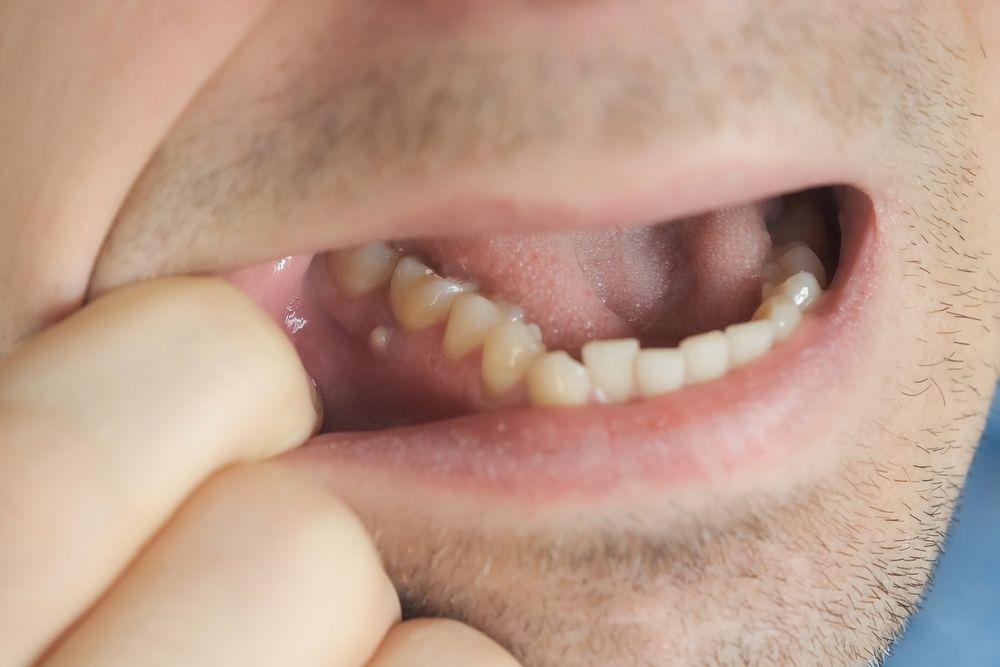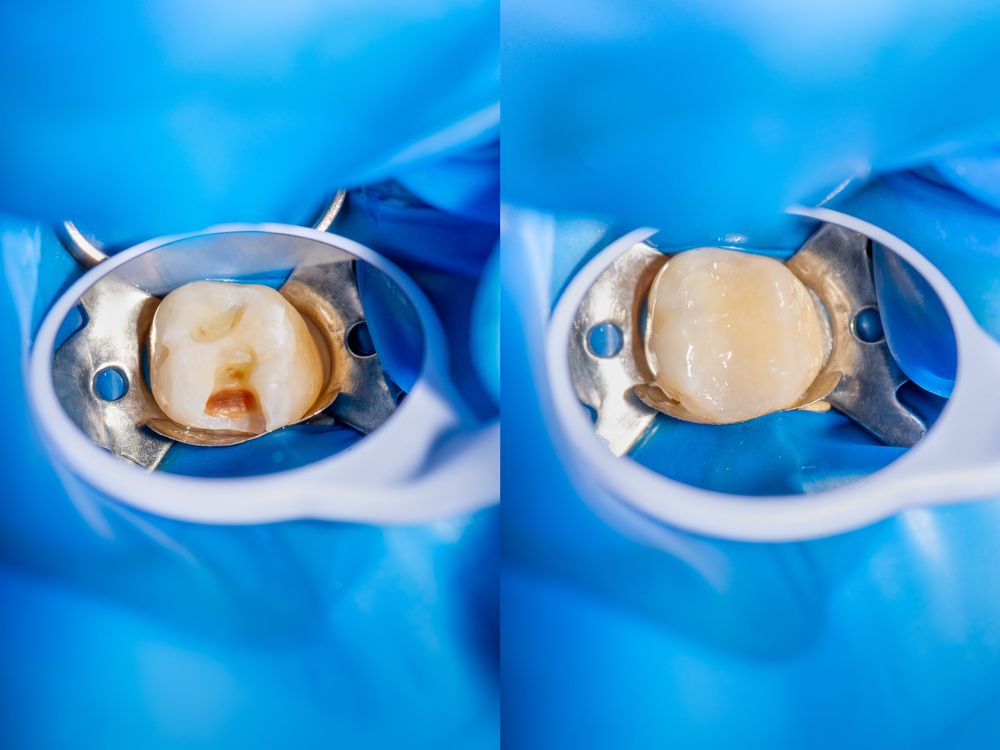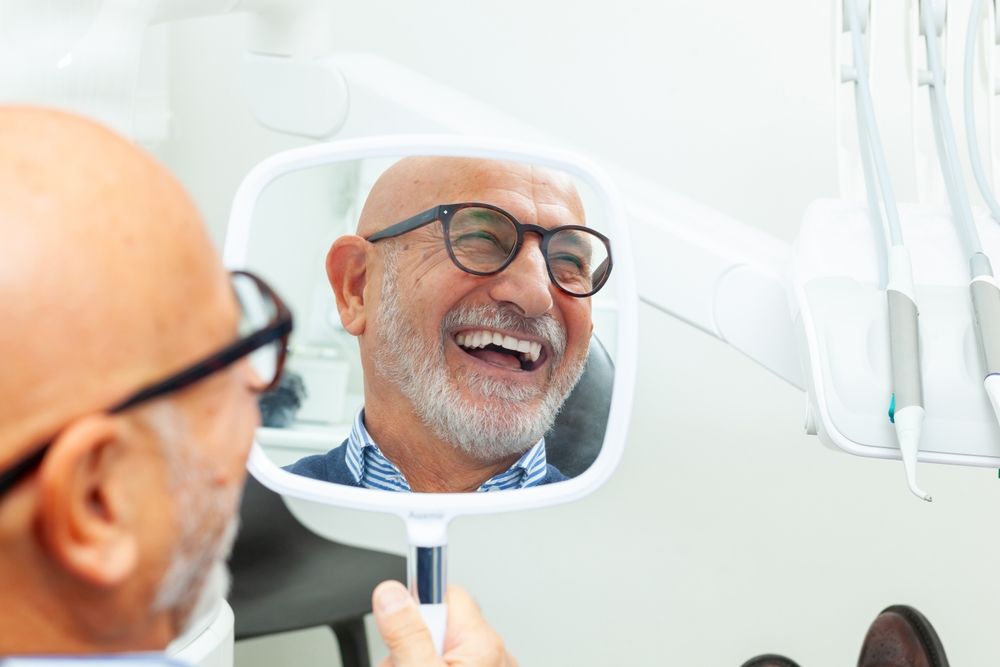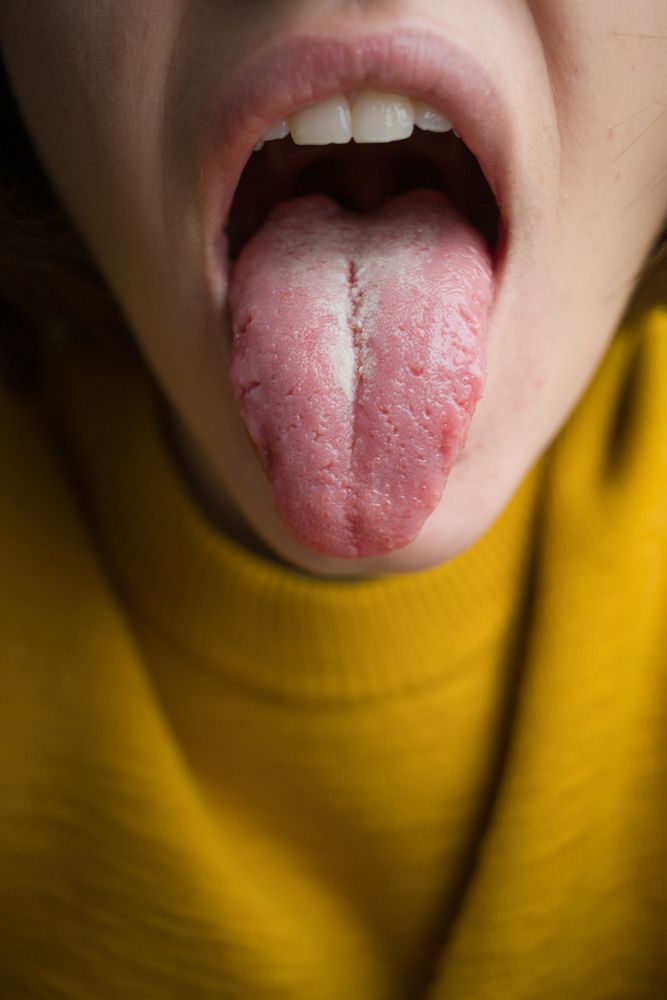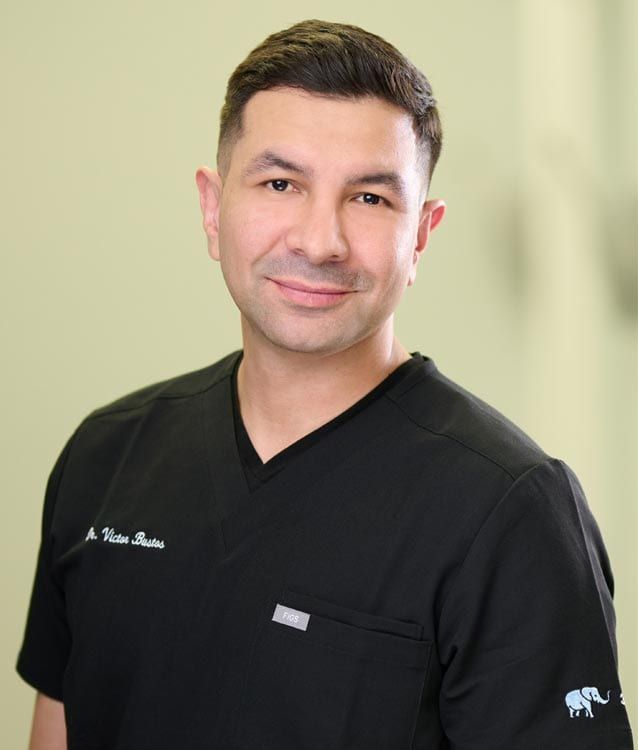Engaging in sports and physical activities offers numerous health benefits, from improved cardiovascular fitness to enhanced mental well-being. However, these activities also come with risks, particularly to your dental health. Sports dentistry focuses on preventing and managing oral injuries and related conditions that can arise during physical activities. Here’s what you need to know about protecting your teeth while staying active.
Understanding Sports-Related Dental Injuries
Dental injuries are common in sports, especially those involving contact or physical impact. The most common types of sports-related dental injuries include:
- Fractured Teeth: Cracks or breaks in the teeth can occur from direct blows or falls.
- Dislodged Teeth: Teeth can be knocked out or pushed out of position due to trauma.
- Soft Tissue Injuries: Lacerations and bruises to the lips, cheeks, and tongue are frequent in sports.
- Jaw Injuries: Fractures or dislocations of the jaw can happen during high-impact sports.
The Importance of Mouthguards
Sports mouthguards are a crucial piece of protective equipment for athletes. They help cushion blows that could otherwise cause significant dental injuries. Here are the different types of mouthguards available:
Stock Mouthguards:
Pre-formed and ready to wear, these are the least expensive but offer the least protection and comfort. They are a good option as a last resort, however they are not recommended for continual use.
Boil-and-Bite Mouthguards:
Made from thermoplastic material, these mouthguards are softened in boiling water and then shaped around the teeth for a better fit. However, they don’t always fit properly and can cause rubbing or other discomfort.
Custom-Fitted Mouthguards:
Created by a dentist, custom-fitted sports mouthguards provide the best fit, comfort, and protection. While more expensive, they are highly recommended for serious athletes.
Tips for Choosing and Using Mouthguards
- Fit: Ensure the mouthguard fits snugly and comfortably without restricting breathing or speech.
- Material: Look for mouthguards made of durable, tear-resistant material that provides adequate thickness for protection.
- Care: Clean the mouthguard regularly with a toothbrush and cool water. Store it in a ventilated container to prevent bacterial growth.
- Replacement: Replace the mouthguard at the first sign of wear or if it becomes loose.
Other Protective Measures
- Face Shields and Helmets: For sports like hockey and lacrosse, face shields and helmets provide additional protection for the face and jaw.
- Dental Check-ups: Regular dental check-ups are essential for athletes to ensure their teeth and mouth are healthy and to address any issues that might increase the risk of injury.
- Education: Understanding the risks and how to prevent injuries can significantly reduce the incidence of dental trauma. Coaches and parents should educate young athletes on the importance of dental protection.
What to Do in Case of a Dental Injury
Despite all precautions, injuries can still occur. Here’s what to do if you or someone else suffers a dental injury during sports:
- For a Knocked-Out Tooth: Keep the tooth moist at all times. If possible, place it back in the socket without touching the root. Otherwise, store it in milk or a tooth preservation product and seek immediate dental care.
- For a Fractured Tooth: Rinse the mouth with warm water, apply a cold compress to reduce swelling, and see a dentist as soon as possible.
- For Soft Tissue Injuries: Clean the area gently with water, apply pressure with a clean cloth to stop bleeding, and visit a healthcare professional if necessary.
Conclusion
Sports dentistry plays a vital role in protecting athletes’ dental health. By understanding the risks, using proper protective gear, and knowing how to respond to injuries, you can enjoy the benefits of physical activity while minimizing the risk to your teeth. Whether you’re a professional athlete or a weekend warrior, taking steps to protect your smile is an essential part of your overall health and well-being.

